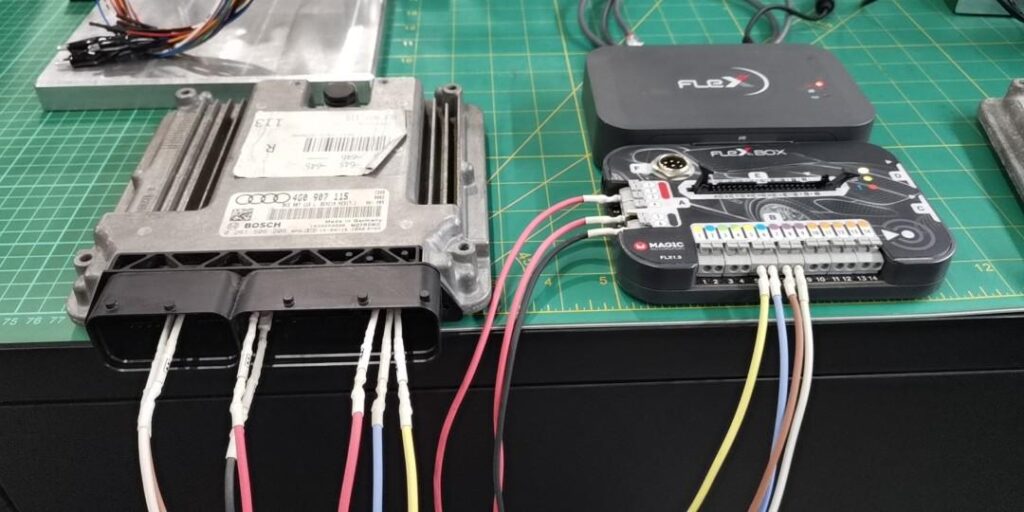What Is ECU Cloning?
Understanding the Basics of ECU Functionality
The Engine Control Unit (ECU) serves as the heart of a vehicle’s electronics, managing vital functions such as fuel injection, ignition timing, and emission controls. Acting as a microcomputer, the ECU oversees the engine’s performance and ensures optimal efficiency. Due to its critical role, any failure or malfunction of the ECU can severely impact a vehicle’s performance, making repairs or replacements crucial tasks for automotive technicians.

When Engine Control Unit Cloning Becomes Necessary
ECU cloning comes into play when an ECU replacement is required, and the new or replacement ECU needs to match the original unit’s configuration exactly. This process involves copying data from the original ECU and transferring it to a new or refurbished one. By replicating the original settings, cloning ensures that all functionalities and features unique to the vehicle’s setup remain intact, preventing any compatibility issues or performance changes. This is particularly beneficial in cases where a vehicle has undergone extensive tuning or modifications.
The Process and Tools for Cloning
ECU cloning involves specialized tools and software that can read and write data from one ECU to another. The process begins by extracting data from the original ECU, including parameters like immobilizer information, custom mappings, and identification numbers. Once the data is copied, it is uploaded to the replacement ECU, effectively “cloning” the original unit. This procedure requires precision and specialized knowledge, as any errors during copying can lead to malfunction or incompatibility.
Experts in automotive electronics typically perform Engine Control Unit cloning to ensure that the transfer process maintains data integrity. Using professional-grade equipment, these technicians are able to safeguard sensitive information while executing a smooth and accurate cloning.
Benefits and Advantages of Engine Control Unit Cloning
Engine Control Unit cloning offers several benefits, especially in preserving the unique characteristics of the original ECU. For vehicle owners who have customized their car’s engine settings, maintaining these adjustments in a replacement ECU is critical. Moreover, cloning can save both time and money compared to reprogramming a new ECU from scratch, and it ensures seamless functionality without the need for extensive re-calibration.
Challenges and Considerations in Engine Control Unit Cloning
While ECU cloning is a powerful tool, there are challenges and considerations to keep in mind. Certain vehicles come with anti-theft systems and encryption that make it challenging to clone the ECU without professional assistance. Moreover, errors in the cloning process can lead to issues like incorrect engine behavior, which emphasizes the need for expert intervention.

